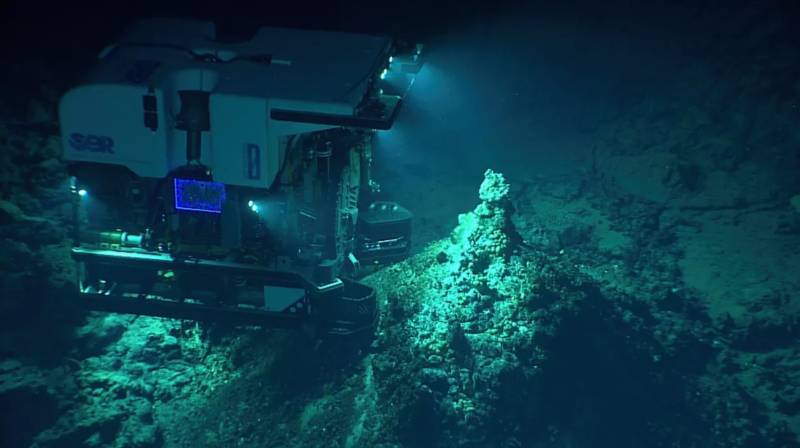A group of researchers has uncovered what may be the most profound virus to be discovered in the Earth’s oceans. The newly identified virus was found in sediment collected from the Mariana Trench, a deep-sea chasm in the Pacific Ocean that plummets to a staggering depth of 8,900 meters. This trench is renowned as the Earth’s deepest location, with its lowest point descending to around 11,000 meters near the Mariana Islands.
Marine virologist Min Wang expressed, “To our best knowledge, this is the deepest known isolated phage in the global ocean.” Their findings were recently published in the journal Microbiology Spectrum by a team hailing from the Ocean University of China.
This newfound deep-sea virus, designated as vB_HmeY_H4907, belongs to a class of viruses known as bacteriophages, which infect and replicate within bacteria. Specifically, this bacteriophage targets bacteria referred to as Halomonas, which are abundant in the Mariana Trench, Antarctica, and hydrothermal vents—openings in the seabed from which heated water emerges.
Genomic analysis indicates that the virus bears a resemblance to its bacterial host and is prevalent in the ocean. The researchers have categorized this newly discovered bacteriophage as belonging to a novel viral family known as Surviridae.
This virus was detected in the hadal zone of the ocean, which is situated at depths ranging from 6,000 to 11,000 meters and derives its name from the Greek god of the underworld, Hades. The scientists point out that although recent research has unveiled the considerable diversity and ecological importance of hadal viruses, only two strains had been isolated prior to their discovery.
Identifying this new bacteriophage enhances our comprehension of how viruses function in this part of the ocean, particularly in the face of harsh conditions and their co-evolution with bacterial hosts. The hadal zone is home to a range of unique organisms capable of adapting to the extreme conditions characterized by low temperatures, high pressure, and the absence of light in the deep sea.
Marine virologists are now actively searching for other novel viruses in extreme environments. Wang noted, “Extreme environments offer optimal prospects for unearthing novel viruses.”
Disclaimer: The views, suggestions, and opinions expressed here are the sole responsibility of the experts. No Dive Digest journalist was involved in the writing and production of this article.

